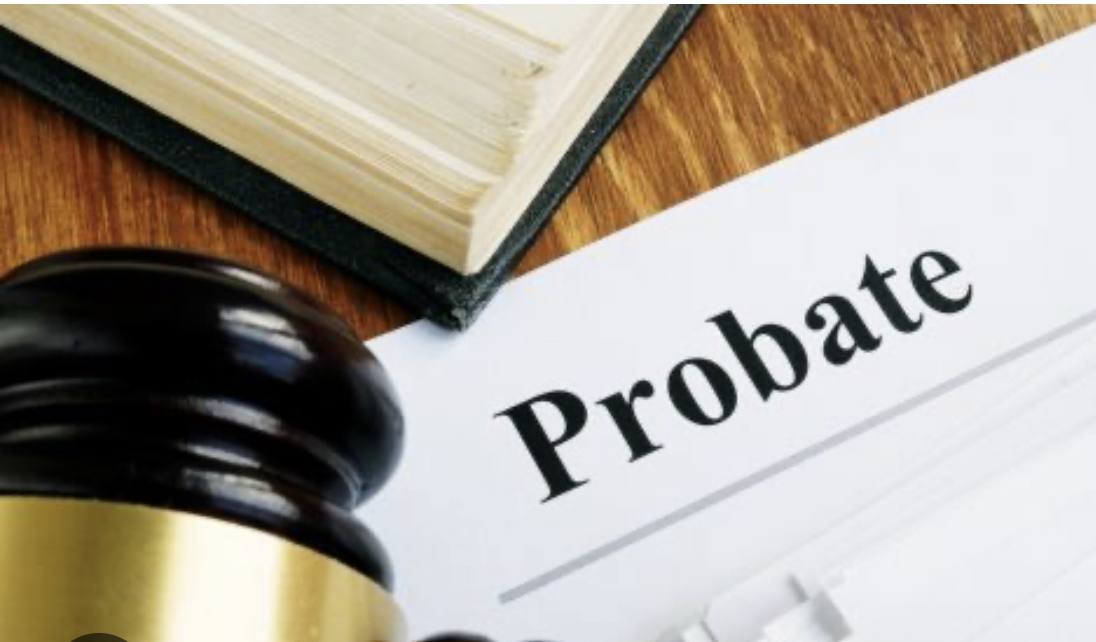When a close relative has passed away, the process of handling the estate is called Probate, this is the legal process involved in dealing with the estate of the person who has died.
There are various factors involved which include, gaining control of the estate, paying inheritance tax due on the Estate and distributing the assets according to the will on the estate (or the rules of intestacy where there is not will).
The Executor is the person in charge of the process including obtaining the grant of probate, collecting the assets in the estate, having the estate valued, paying inheritance tax and any debts outstanding on the estate and distributing the assets from the estate to the beneficiaries named in the will.
To apply for probate, you must first have the estate valued and report this value to HMRC – you will need to pay any inheritance tax due on the estate which will need to include the original will, 2 copies of the will and the original death certificate – you will also have to pay an application fee if the estate is valued at more than £5,000.
If the deceased did not leave a will, they are said to have died ‘intestate. – You will need to apply for letters of Administration to obtain control of the estate – the law will generally favour surviving spouses and civil partners of the deceased, followed by children, grand-children and other descendants. Where there is no spouse, civil partner or children or other direct descendents, other relatives such as parents and siblings may be able to inherit.
Typically, probate will involve the following main stages
- Applying for grant of probate/letters of administration to gain control of the estate and have the estate valued
- Paying any inheritance tax due on the estate to HMRC
- Selling any assets from the estate that need to be disposed of, including the property
- Preparing any estate accounts to show any money that has been spent from the account, paid in taxes etc and the remaining balance
- Paying any debts owed by the deceased ie energy bills or loans
- Distribution of the remaining assets from the estate to the beneficiaries named in the will – or as determined according to the rules of intestacy if there was no will
The cost of probate depends on the circumstances including any specific issues that need to be resolved and including the assets that are included in the estate – other matters outside these will be charged at the agreed hourly rate between the executor and the solicitor (if you are using one)
A solicitor doesn’t need to be used to arrange probate although it is usually recommended that you do so for the following reasons:-
- The solicitor will be legally liable for any mistakes made during the process
- Solicitor’s mistakes, this protects you from someone challenging you the way probate has been handled
- Solicitors have the skills and experience to ensure every detail is accounted for, which provides you with peace of mind and ensures that nothing is overlooked
- At what is already a difficult time, the solicitor can deal with any complications that may arise
- A solicitor can ensure that all stays on track thus avoiding any unnecessary errors
There is no time limit for completing the probate process, the initial application processed by the probate registry usually takes up to ten days the remainder can take between three and six months, however, in a recent survey 70% of practitioners reported waiting times in excess of 10 weeks for probate to be granted, with a percentage stating that it was in some cases taking over 19 weeks.
As recently as May however, data released by HMRC Courts and Tribunal Service (HMCTS) revealed that the average wait between submission and grant issue for probate was over eight weeks.
These findings come as no surprise to Estate Agents, we are currently seeing increasing delays which are being blamed on staff cuts, teething issues with a new online system and working from home.
As part of the survey undertaken by the Council for Licensed Conveyancers (CLC), when questioned 60% stated that the online probate service wasn’t able to handle complex or technically difficult cases, and 53% said they were no longer able to reach HMTS staff to help provide guidance with complex cases. Further, 62% said they feel that HMCTS communicates well to the profession about ongoing changes.
The survey also highlighted that 50% said up of their clients needed to take out a loan to cover inheritance tax bills to 25% and more that a third of practitioners report up to 50% of their clients only discover that they have been appointed an executor after the person who left the will had died – this highlights that those preparing wills should be providing information and advice to executors at the point the will is written.
David Phillip FRICS is available to provide a market appraisal for inheritance tax purposes on properties that require a valuation as part of the probate process as well as providing sensitive advice and support at what is a difficult time.
For further information call 01134 676 400
David Phillip Estate Agents 86, Leeds Road, Bramhope, North Leeds w:davidphillip.co.uk
Covering Bramhope, Adel, Cookridge, Pool-in-Wharfedale, Otley and Alwoodley

